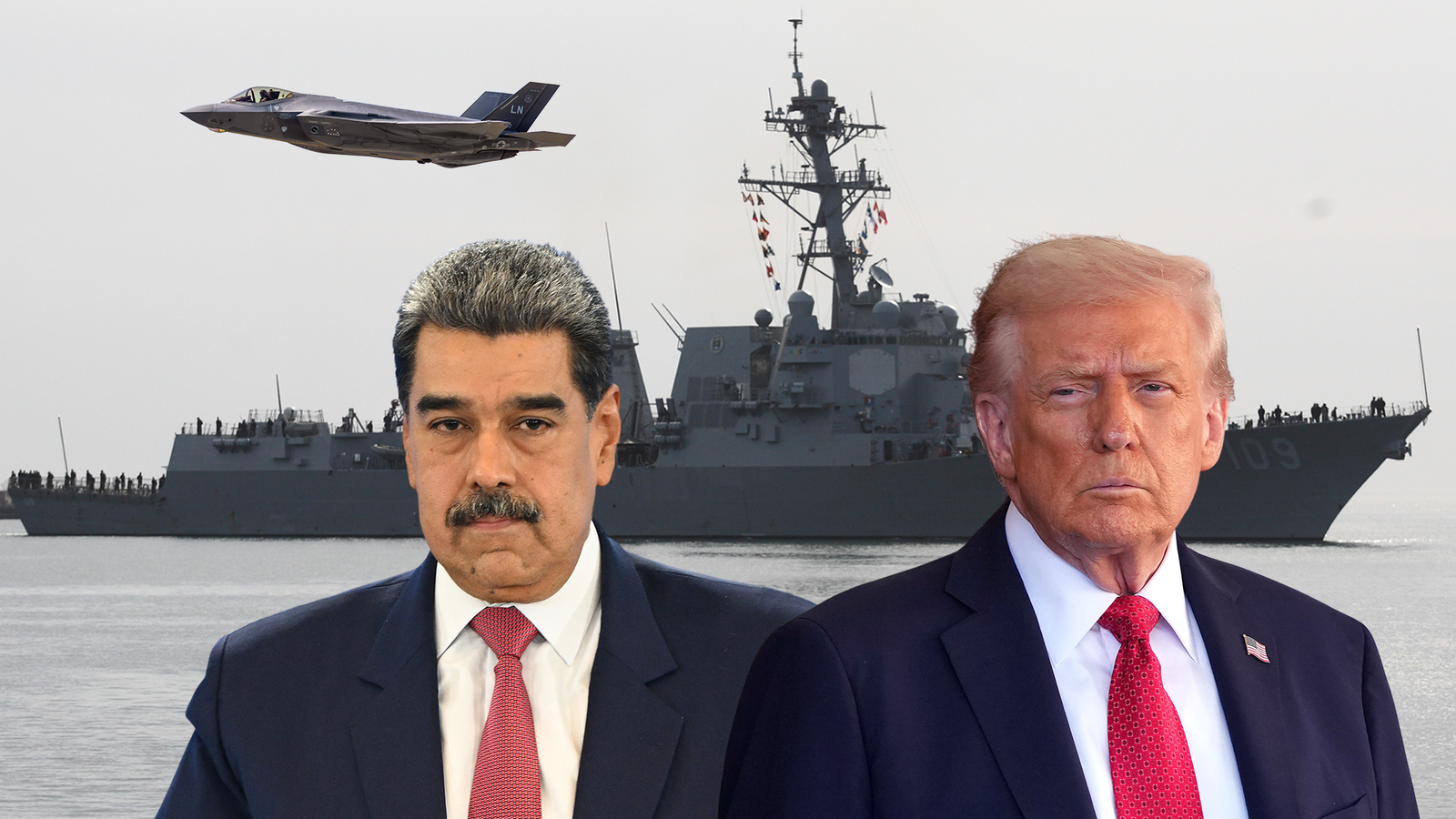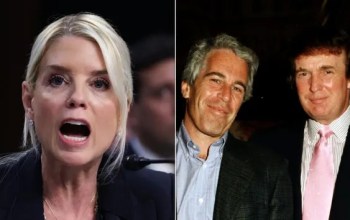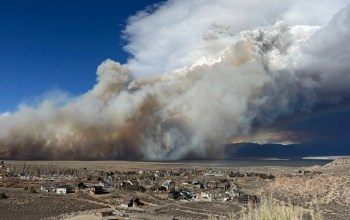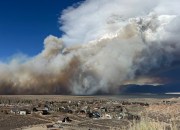
With Donald Trump currently serving as President of the United States, he holds full constitutional authority to direct U.S. military operations, including the potential authorization of land, air, or naval strikes in Venezuela. Under Article II, Section 2 of the U.S. Constitution, the president serves as Commander-in-Chief of the Armed Forces, giving him broad powers to act in defense of national interests and security abroad.
Legal Authority for Military Action
As Commander-in-Chief, President Trump can order military operations without prior Congressional approval in certain situations, especially when rapid action is required to protect U.S. citizens, allies, or strategic interests. While the War Powers Resolution of 1973 requires notifying Congress within 48 hours of military action and limits operations to 60 days without legislative approval, the sitting president retains the authority to initiate strikes immediately if necessary.
Scope of Power
Trump’s authority covers a range of military options, from targeted airstrikes and naval operations to limited ground deployments. For broader or extended operations, coordination with Congress is generally expected to ensure compliance with U.S. law and to secure long-term authorization. Historically, U.S. presidents have used this authority to conduct military operations in countries such as Syria, Iraq, and Afghanistan, often balancing speed and legal oversight.
Checks and Oversight
Although the president has significant operational power, military actions are subject to legal and political constraints. Congress can limit funding, issue resolutions, and hold oversight hearings. International law and U.S. treaty obligations also shape the scope and conduct of military operations, ensuring that even the sitting president must consider both domestic and global legal frameworks.
Practical Considerations
Ordering a land strike in Venezuela would require careful strategic planning, including assessment of troop deployments, logistics, intelligence, and potential diplomatic consequences. The Department of Defense, intelligence agencies, and the National Security Council provide input, but the final decision rests with the president. In practice, such authority means that Trump could initiate military action swiftly while coordinating with U.S. allies and Congress for support or post-operation authorization.
Conclusion
As the current president, Donald Trump legally and constitutionally has the authority to authorize military strikes in Venezuela. While Congress and international law provide important checks, the ultimate operational command resides with him. Any decision to conduct land or air operations would involve extensive consultation, planning, and consideration of strategic and legal consequences, but the authority to act resides firmly in the office of the sitting president.
Watch video below :












